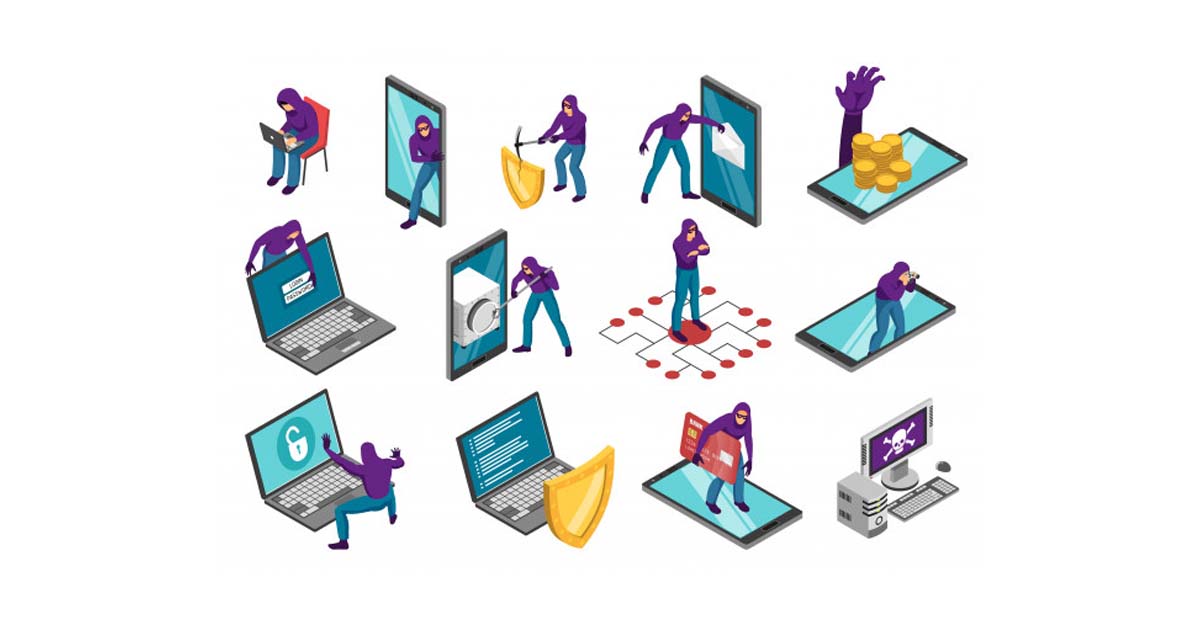
The biggest challenge of living a normal life is keeping our personal information confidential from outside sources who are lingering to get hold of them. The online hackers can get hold of your private data like emails, phone numbers and social security numbers, and even financial transactions for legitimate advertisement purposes or even get hold of your money. So you can clearly understand why it is essential to protect your personal details in internet.
Since we use internet regularly these days, it is always a better idea to know how to properly operate your social networking accounts and stay away from fraudsters. While it may take some time to completely get hold of all the information in one go, try to implement some of the points before you log in which is crucial for your own safety.
You can follow some of the following tips to get a step ahead of these hackers and boost your online privacy.
- Social media sharing- It is always suggested to limit your sharing of personal photos and other vital information on social media platforms like Facebook, Twitter, Snapchat, and Instagram, as it paves a way for the cybercriminals to get access into your data and use it for their own means. You can personalize the settings on these social networking sites according to your requirement, hide info like birthdays, family members, or you can limit the number of people who can view your posts or photos.
- Private mode browsing- To evade a website getting hold of your browsing history for marketing purposes, try using incognito mode or other tools to keep them away from tracking your search history.
And always remember to Log out of the social accounts or websites you logged in before. Just closing the Window page of that site doesn’t mean you are done with it as those websites remain open in the background and can easily read the other sites or applications that you are logging in. So it is absolute necessity to log out after you are done using that account, it may take some time to log in and out of it, but it is worth the time.
- Anonymous search engines- It is better to use this type of search engine for privacy as it doesn’t collect or share your search history. Most privacy managers make it easier to control your online privacy settings and prevent online trackers from collecting the data and promoting ads.
- Unreliable public Wi-Fi- Public Wi-Fi in coffee shops, or library, or other public locations use the same network and anyone can try to sneak in your server. So always make sure that you are using standard anonymous VPN (Virtual Private Network) to log-in which will hide your IP address and your information will be safe as the hackers won’t be able to encrypt the tunnel and obtain your data. But be generous while purchasing a VPN program as better services will ensure superior security of your privacy.
- Privatize your email address- This refers to giving out your email ids or even phone number to different websites for regularized updates, which results in inbox filled with spams and getting phone calls from advertisers. Even though it is tough to get rid of such services, you can follow the trick of creating a separate scrap email address for avoiding such promotions.
- Encrypted messages- When you send a message to someone, the message can get stored on your server and can be hacked into as well. Take the option of sending end-to-end encryption which keeps your messages getting detected even to the service providers. While WhatsApp can be trusted for messaging, others like Facebook Messenger doesn’t use such method. You can alter the settings accordingly.
- Passwords are mandatory- It is crucial that you use complex passwords for every important sites or financial transactions that you carry out in your computer or phone. A password manager will come in handy by storing the passwords in an encrypted format even if you forget it. Be sure to choose long optimized passwords everywhere and use different ones for every site or services.
- Updated cookies- Websites use cookies to gather and store information about browsing history and use it for marketing behavioral terms. They can even sell these data to a third party and gain profit. You can change the settings where you get notified whenever a cookie is installed in your computer.
- Phones can be compromised– We spend more time scrolling through our smartphone than we do in our PC or laptop. It is mainly used to watch videos, answering emails that doesn’t require sharing large documentation, or surfing through web or social media. So to keep it secure is also vital. You can use codes or biometric authentication to lock the phone, and always be cautious before downloading any anonymous application, go through the terms and conditions and what they want to access in your phone.
Update your phone software when the message of updating pops up to protect it from viruses. And don’t forget to turn off the GPS in your phone so that your location is not visible to everybody and someone is tracking you down. When you are alone or in an unknown place, it is recommended to use the GPS and be safe.
CONCLUSION
It might be difficult to keep an eye on every dubious modes of conduct, and not know if you are being stalked in social media or someone is trying to hack into your accounts. The best you can do is take some precautions and stay away from these cybercriminals.
Don’t fall prey to spam emails and think twice before clicking those attachments. Plus, using up-to-date antivirus software is another means of security that you can rely on. And if your data is breached, it is better to seek help from qualified IT professionals.
- RaaS : The Dark Side of SaaS
- Hackers Target MOVEit Transfer’s Zero-Day Vulnerability, Emergency Patch Deployed
- How Scammers Are Utilizing ChatGPT? Few Tips To Be Safe
- World Backup Day: Why Data Backups are Important in Cybersecurity
- What is Social Engineering and How Cyber Criminals Use It
- Things To Know About Personally Identifiable Information (PII)
- What is Data Breach? Why and How It occurs? How To Prevent Data Breach



